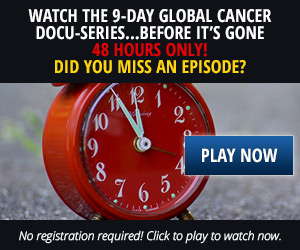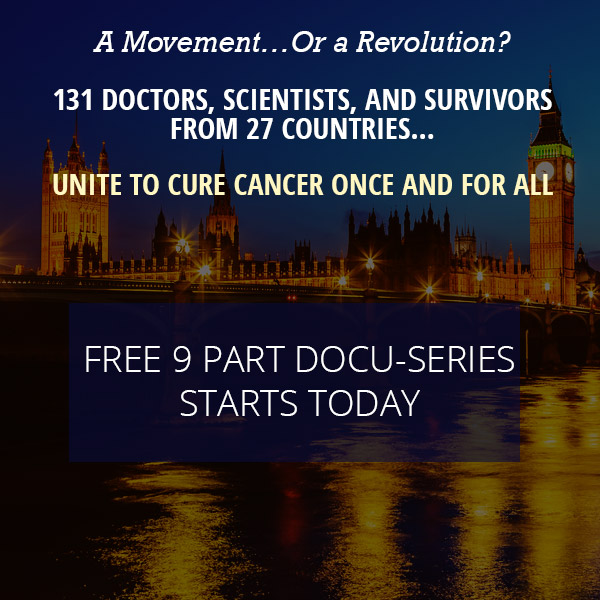I’m going to stick my neck out here.
What’s the most destructive thing to hit the human race since the atom bomb?
Answer: the mobile phone.
You may well disagree, and that’s your privilege, but the more I see people with their mobile phones, the more I am convinced of the truth of the above.
Television has been highly destructive in many ways. An incredible time waster, a wonderful way of controlling the masses and keeping them in a perpetual state of dissatisfaction, brain-washing them with mindless and endlessly repeated adverts to make them run after material objects that they frequently don’t even need or really want, just to keep up with the Joneses.
But the mobile phone is something else again. At least you used to leave the TV behind you when you went out. Now you can take it with you wherever you go. My wife and I went to see Coldplay in Zurich on Sunday. The concert was one of the best I’ve ever seen, spectacular in its execution with fireworks, light shows, imaginative use of screens and even light emitting bracelets. All this without even talking about the inspiring performances and an incredible atmosphere.
What did the man sitting next to my wife do?
He spent the whole concert watching a Euro football match on his mobile phone in his CHF 175.00 (£130.00, $180.00, 160€00) seat.
And this is where I really take issue with the mobile phone.
It prevents people from being really PRESENT. IN THE MOMENT.
It blurs the line between what is real and what is virtual.
And it’s gradually turning people’s brains into soup.
They don’t listen, they don’t read, they don’t remember, they can no longer think properly.
And they have absolutely no control whatsoever over their enslaving little device. A tool is no longer a tool if you have no control over it.
Who is really the master here?
And for an instrument which is supposed to facilitate communication, never has the standard of communication between people been so poor. I’m not talking about SMS messages detailing what you had for breakfast this morning, which station you have just passed on the train, or how you broke a fingernail, I’m talking about REAL COMMUNICATION.
You know, when people put down their phones, look each other in the eye and INTERACT with each other.
When they concentrate on the person in front of them and stop bullshitting about the values of multi-tasking.
When they’re in the present and fully human.
When was the last time you gave your full and undivided attention to another human being?
Don’t make the mistake of concentrating so much on the trivial that you miss out on the truly important, the moments that will never come again. Don’t miss out on real friends that are here, now, in flesh and blood and who may not be here tomorrow.
And don’t make the mistake of thinking that because you have instant access to most of the entire range of human knowledge on the internet you don’t have to bother to think, to remember, to work hard to master something worthwhile, or to decide what is bullshit and what is not.
I wish you a great, preferably mobile phone free, week.
Love
Richard


